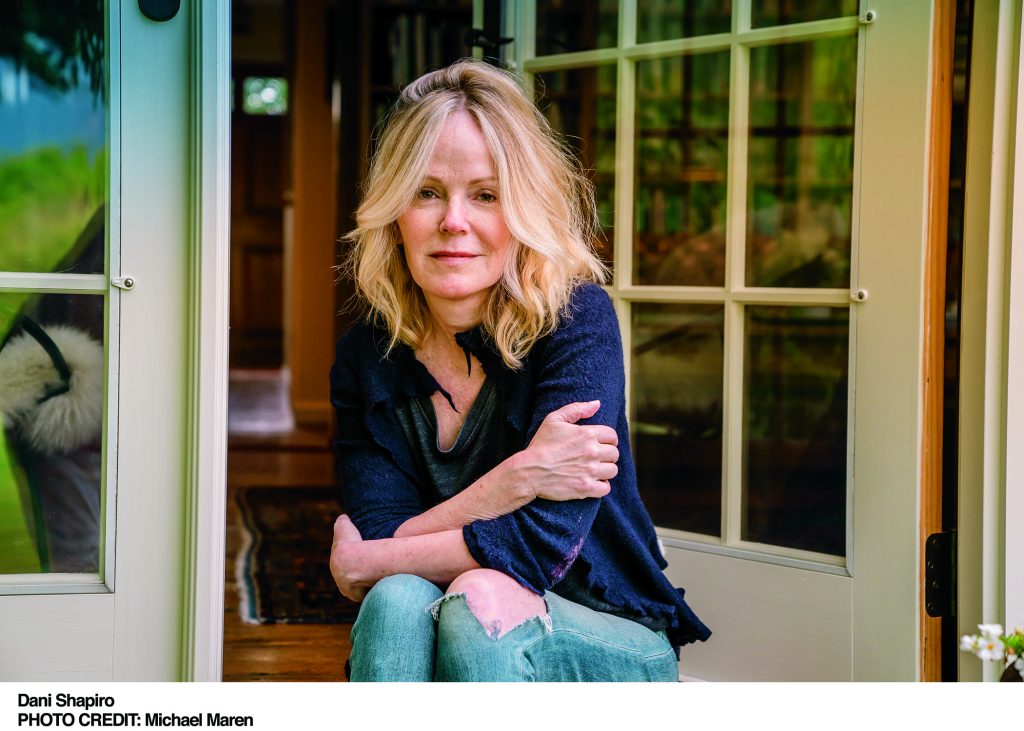

Belonging to a prominent Jewish family played such a major part in her identity that Shapiro begins to feel conflicted. Is her father still her father? Which of her qualities were inherited through her genes and which are a result of her nurturing father, his hug she waited for each day as a child? I was fascinated by this soulful detective story as Shapiro explores the existential quandary, “Who am I?” Shapiro discovers that Paul, the Orthodox Jewish man who raised her, to whom she felt connected on a neshama, or soul, level is not her biological father. The results delivered the shock of her life. In her fifth memoir, Inheritance: A Memoir of Genealogy, Paternity, and Love, Dani Shapiro is prompted by her husband’s interest in genealogy and takes a DNA test.

We aren’t supposed to know what we’re doing when we first set out, when we’re laying down the fragile, terrifying first sentences that may lead to something great, or at least good, or to nothing at all.Inheritance: A Memoir of Genealogy, Paternity, and Love As Carl Jung once wrote, “Until we make the unconscious conscious, it will direct our lives, and we will call it fate.” From those first early stories, through each novel, and then the surprising turn to memoir, what is clearly legible, there in black and white, captured in a shelf full of books, is the deepest kind of knowledge. I feel a great tenderness for the younger woman who was struggling to make sense of herself and the world around her.Īnd yet the proof is on the page. No matter how experimental or inventive or dystopian or autobiographical or metafictional or fantastical our work might be, we begin with a lens that is ours and only ours what we glimpse through that lens becomes our thematic material, our subject matter, the fertile ground for our own singular voice. The sum total of our experiences forms the landscape of our imagination and our memory. These events changed and shaped me.Īs I often tell my students, as writers, we are our own instruments. A global pandemic and societal reckoning with inequity upended the world as we knew it. My husband was diagnosed with cancer and underwent grueling treatment and surgery.

My middle-schooler is a college graduate. More than a decade has passed since I wrote my book. Old ideas have been replaced by new ones, interests and priorities have shifted, dreams have been both realized and dashed. The self who wrote the story has been subject to revision. It’s rare and unnerving for a writer to revisit her own work after a long time away from it.


 0 kommentar(er)
0 kommentar(er)
